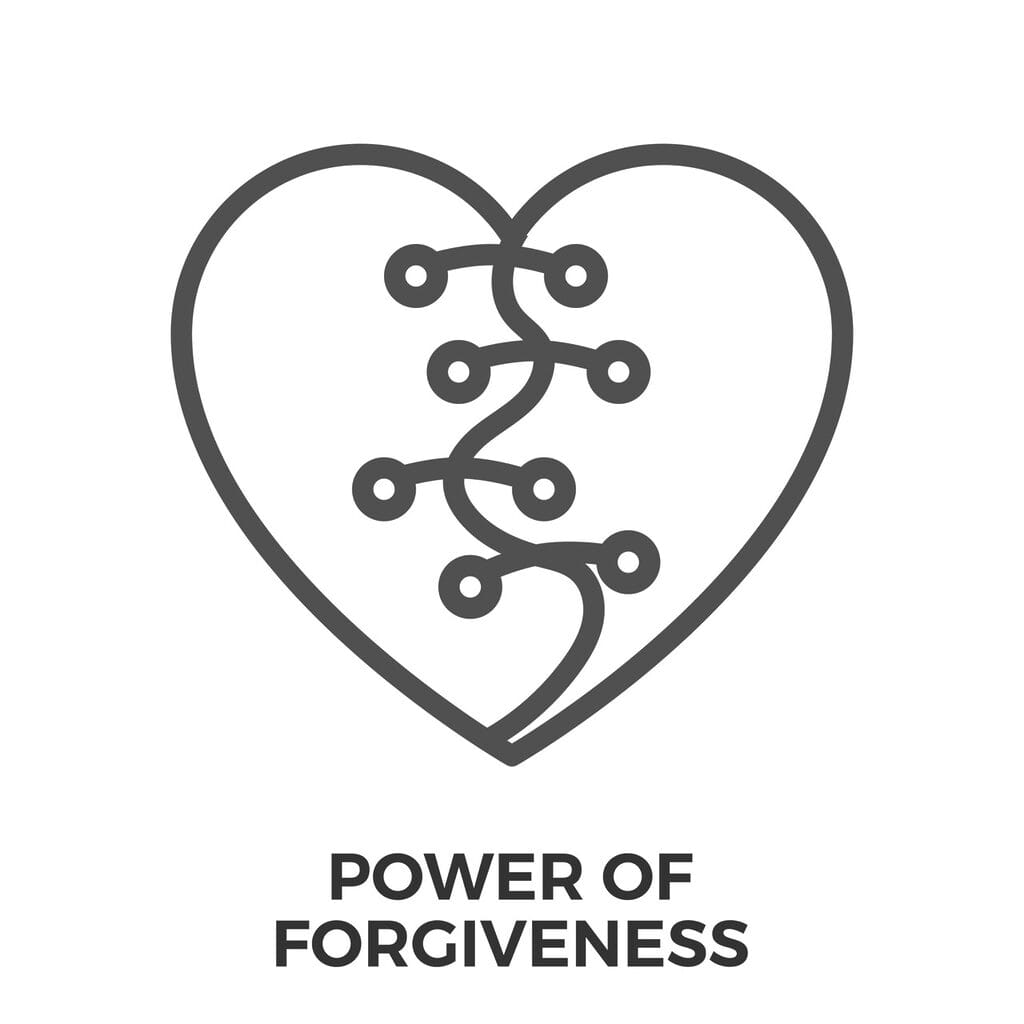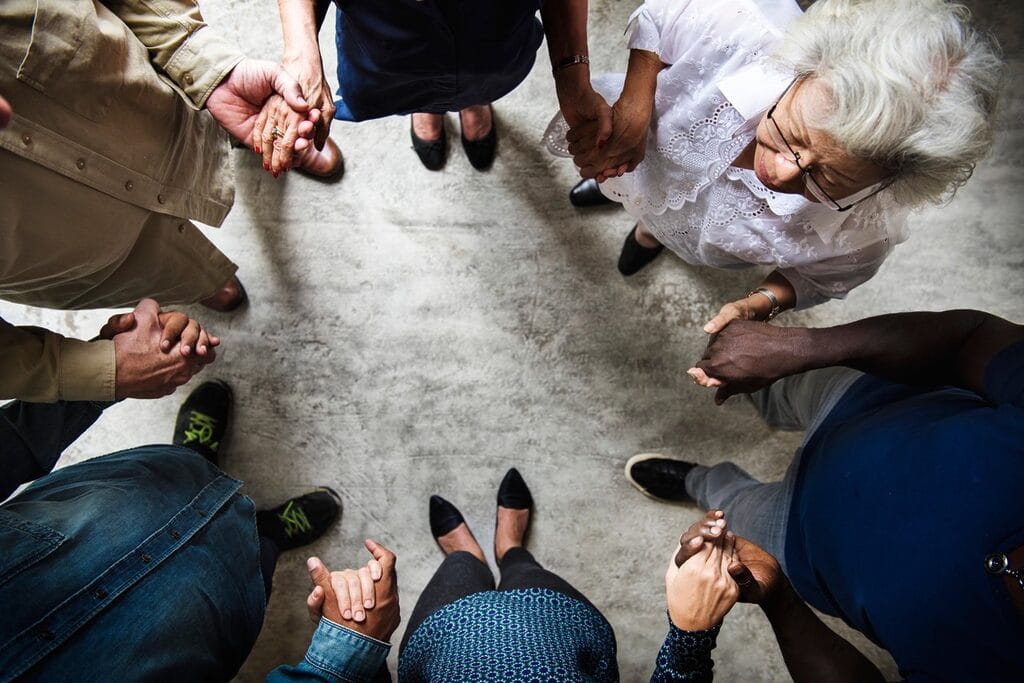
Recovery is a journey of transformation—not just of the self, but also of the relationships that shape our lives. For those navigating the road to sobriety, the concepts of love and forgiveness hold immense power in fostering healthier relationships. They can mend wounds, foster trust, and create a foundation for a fulfilling life. However, rebuilding relationships in recovery is often fraught with challenges: trust must be earned, past mistakes faced, and emotional walls dismantled.
This blog explores how love, forgiveness, faith, and self-love are interconnected pillars that support healthy relationships during recovery. At Penfield Addiction Ministries, we strive to be a compassionate partner and guide, empowering individuals to rediscover the beauty of connection.
Love takes many forms—self-love, familial love, platonic connections, and even romantic relationships. In recovery, these expressions of love are not just valuable; they are essential to building meaningful and lasting connections.
Self-love, often overlooked, is the foundation for all other forms of love. Recovery is about learning to appreciate your worth, acknowledging your efforts, and celebrating your progress. It’s about recognizing that you are deserving of love and respect, starting with yourself.
The role of love in recovery is vital because it helps mend emotional wounds, fosters accountability, and creates a support system for ongoing progress. Love motivates individuals to strive for better, whether through the encouragement of others or their own internal desire to heal. At Penfield Addiction Ministries, we’ve seen how love can rebuild trust, restore relationships, and provide a sense of belonging that reinforces long-term sobriety.
In recovery, it is crucial to learn healthy ways to manage emotions and relationships, which can significantly support long-term sobriety.
In recovery, love isn’t just an emotion—it’s a driving force for transformation.
Forgiveness often feels daunting, especially when facing past hurts or grappling with guilt. It’s essential to understand that forgiveness is not about excusing harmful behavior or forgetting the past; rather, it is about releasing resentment for personal peace.
It’s essential to confront past actions without making excuses, thereby taking full responsibility for one's recovery journey.
Forgiving others can liberate the soul from anger, allowing space for healing. Equally important is self-forgiveness, which helps overcome feelings of shame and self-loathing—a common struggle in recovery. The benefits of forgiveness in recovery are profound. It offers emotional freedom, reduces stress, and fosters inner peace. Forgiving others can repair relationships, but forgiving oneself is often the hardest—and most crucial—step. Guilt and shame can be powerful barriers to recovery, and self-forgiveness is key to moving forward.
Practical steps to embrace forgiveness include:
Forgiveness is an act of courage. As you let go of the burdens of the past, you make room for new beginnings. Penfield Addiction Ministries offers a safe space for individuals to explore and practice forgiveness, with the understanding that it’s a process unique to each person’s journey.

Forgiveness is a powerful tool for emotional health, and it can have a significant impact on both mental and physical well-being. When we forgive, we release negative emotions such as anger, resentment, and bitterness, which can weigh heavily on our mental health. Letting go of these burdens can lead to a profound sense of relief and inner peace.
Forgiveness can also help to reduce stress and anxiety, improve mood, and increase feelings of happiness and well-being. By choosing to forgive, we take control of our emotional health, allowing ourselves to heal and move forward.
In addition to its emotional benefits, forgiveness can also have a positive impact on physical health. Chronic stress and anxiety can lead to a range of physical health problems, including cardiovascular disease, diabetes, and obesity. By forgiving and letting go of negative emotions, we can reduce our risk of developing these conditions and improve our overall physical health.
Forgiveness is not always easy, but it is an important step towards healing and moving forward. By choosing to forgive, we can take control of our emotional health and well-being, and improve our relationships with others.
Boundaries are the invisible lines that define how we interact with others while maintaining mutual respect. For individuals in recovery, boundaries are especially critical—they provide structure, prevent relapse triggers, and encourage healthy dynamics. Setting boundaries is also crucial for managing mental health conditions, which can be a significant aspect of the recovery process.
Effective communication is key to setting boundaries. Express your needs calmly and clearly, and be prepared to reinforce them if necessary. For instance, you might say, “I need time to focus on my recovery, so I won’t be able to attend every family event right now.”
Maintaining boundaries can be challenging, particularly with loved ones who may not fully understand your recovery journey. However, it’s a vital act of self-preservation that protects your progress and well-being. Here are some tips on maintaining boundaries:
Faith can be a cornerstone of the recovery journey, providing strength, guidance, and hope. For many, faith offers a sense of purpose and a framework for understanding life’s challenges.
Faith can help individuals find solace and direction when rebuilding relationships. Spirituality often emphasizes principles like compassion, forgiveness, and unconditional love, which are essential to healing. Examples of faith in action include praying for strength to forgive, seeking wisdom in scripture, or participating in faith-based recovery groups.
At Penfield Addiction Ministries, we integrate faith into our recovery programs, recognizing its power to inspire change and foster healing. We’ve seen how faith can transform lives, helping individuals rebuild relationships and find hope in the face of adversity.

Self-love is not selfish— it’s essential. For those in recovery, cultivating self-love is about acknowledging your worth and treating yourself with the same kindness you offer others. Self-love is a powerful tool for rebuilding confidence and self-worth.
Strategies for for practicing self-love include:
Self-love lays the foundation for healthy relationships. When you value yourself, you’re better equipped to set boundaries, communicate effectively, and nurture meaningful connections.
We encourage individuals to embrace self-love as a vital part of their recovery journey. Through workshops, counseling, and community support, we help individuals recognize their inherent worth and potential.

Rebuilding relationships during recovery requires effort, patience, and a willingness to embrace vulnerability. Healthy relationships are a cornerstone of a fulfilling life, providing emotional support, stability, and a sense of belonging. Let's review some practical steps to help build and sustain meaningful connections during recovery.
Effective communication is the foundation of any healthy relationship. In recovery, this means being transparent about your journey, acknowledging your challenges, and expressing your needs honestly. Equally important is active listening—taking the time to genuinely hear and understand the concerns of others without becoming defensive. Effective communication also involves acknowledging what has been achieved, not what hasn’t, to foster a positive mindset. This exchange fosters mutual respect and creates an environment where both parties feel valued and understood.
Tips:
Trust is often one of the most damaged aspects of relationships affected by addiction. Rebuilding trust requires consistent actions over time, demonstrating reliability and accountability. Trust is a two-way street, so while you work to show others they can rely on you, allow them the opportunity to earn your trust as well.
Tips:
Surrounding yourself with positive, encouraging individuals can make all the difference in recovery. A strong support system provides emotional safety and motivation, helping you navigate challenges and celebrate victories. This network might include family members, trusted friends, recovery groups, or professional counselors. While building a support system, it’s important to maintain connections with old friends who respect your recovery journey.
Tips:
Healthy relationships require healthy boundaries. Boundaries define what behaviors are acceptable and protect your emotional well-being. They also help ensure mutual respect and understanding in relationships.
Tips:
Not every relationship will survive the recovery process, and that’s okay. Some connections may be too toxic or unsupportive to maintain. Focus your energy on relationships that align with your goals, support your growth, and contribute to your well-being. Consider how the steps for forgiveness can be applied to your own life to foster healthier relationships.
Tips:
Building healthy relationships requires the courage to be vulnerable. It means allowing others to see your struggles, your progress, and your authentic self. Vulnerability fosters deeper connections and demonstrates trust, which are key components of healthy relationships.
Tips:
Recovery is a journey of milestones, both big and small. Celebrate your progress and the progress of those who support you. Sharing victories strengthens bonds and creates a sense of shared purpose.
Tips:
Building healthy relationships in recovery takes time, but the rewards are immeasurable. A strong support network provides a foundation for emotional well-being, resilience, and continued growth. At Penfield Addiction Ministries, we encourage you to take these steps with courage and commitment, knowing that healthy relationships are within reach when nurtured with care.
Remember, relationships are about quality, not quantity. Even a few meaningful connections can provide the love, support, and encouragement needed to thrive in recovery.

When it comes to romantic relationships, it’s essential to be aware of red flags that can indicate unhealthy or toxic behavior. Recognizing these warning signs early can help you protect your emotional health and well-being.
Some common red flags include:
If you notice any of these red flags in your relationship, it’s essential to take a step back and re-evaluate whether the relationship is healthy for you. Remember, you deserve to be treated with respect, kindness, and compassion in a romantic relationship.
Dating in recovery can be challenging, but it’s not impossible. Here are some tips to help you navigate the dating world while maintaining your sobriety:
Remember, your recovery is the most important thing. Don’t compromise your sobriety for anyone or anything.
Addiction can damage relationships with family members, friends, and romantic partners. However, with effort and commitment, it’s possible to rebuild and strengthen these relationships. Here are some tips for rebuilding relationships damaged by addiction:
Remember, rebuilding relationships takes time, effort, and commitment from all parties involved. By working together and seeking support, you can strengthen and rebuild relationships damaged by addiction.
Each of these elements—love, forgiveness, faith, and self-love—forms a piece of the recovery puzzle. Together, they create a balanced and fulfilling life.
When you love yourself, forgiveness becomes easier. Faith strengthens your resolve to build meaningful connections. And healthy relationships reinforce your commitment to recovery.
The ripple effect of these interconnected elements is profound. As you heal, you inspire others to do the same, creating a cycle of growth and compassion.
Recovery is not just about overcoming addiction—it’s about rediscovering the beauty of love, forgiveness, faith, and self-love. These elements are transformative forces that can heal wounds, rebuild trust, and pave the way for a brighter future.
At Penfield Addiction Ministries, we’re here to walk alongside you on this journey. Whether you’re seeking spiritual guidance, therapeutic support, or simply a compassionate ear, we’re committed to helping you build the healthy, fulfilling relationships you deserve.
As you move forward, take a moment to reflect:
The answers to these questions can lead to profound change. Let love, forgiveness, and faith guide your steps toward a life of joy and connection.
And now these three remain: faith, hope, and love. But the greatest of these is love." — 1 Corinthians 13:13